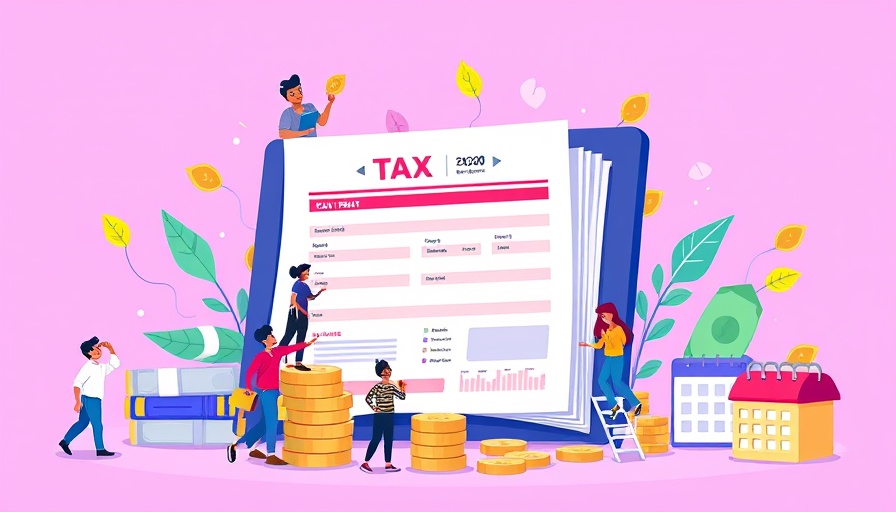
The Surprising Impact of Tariffs on Retail Profitability
As U.S. retailers grapple with the implications of President Donald Trump's tariffs, a critical issue has surfaced: the potential distortion of profitability reports due to accounting practices. Retail giants like Walmart, Target, and Home Depot must navigate these protective tariffs, affecting their bottom lines in complex ways.
Understanding Retail Inventory Method Accounting
One noteworthy practice gaining attention is retail inventory method accounting (RIM). This accounting approach allows retailers to estimate their inventory costs, often leading to an inflated perception of short-term profitability. According to Ali Furman, PwC's U.S. consumer markets leader, RIM does not immediately reflect changes in product costs because it is less responsive compared to traditional cost accounting methods. Consequently, profitability could seem higher initially even as tariffs raise costs.
The Cost of Tariffs: Who Will Bear the Burden?
The question looms large: who ultimately absorbs the tariff costs? While the standard understanding is that costs will trickle down to consumers, the truth is more nuanced. Retailers might absorb some costs in hopes of maintaining their market shares, especially in a competitive landscape filled with discount options. This reliance on accounting practices like RIM could mislead investors about the actual health of these businesses in the short term.
Looking Ahead: What This Means for Business Operations
As tariff policies evolve, retailers must adapt their strategies and accounting methods to mitigate potential profitability misrepresentations. The key lies in understanding the long-term impacts of these tariffs and adjusting accordingly. Business lenders and brokers should remain vigilant as these factors influence loan assessments and investment decisions, ensuring they are not misled by early profitability figures inflated by accounting methods.
Conclusion: To navigate the ongoing changes stemming from tariffs effectively, stakeholders in the retail industry must stay informed and adaptable. By understanding accounting methods and their impact on profitability, they can make better decisions that align with the realities of the market and consumer behavior.
 Add Row
Add Row  Add
Add 




Write A Comment